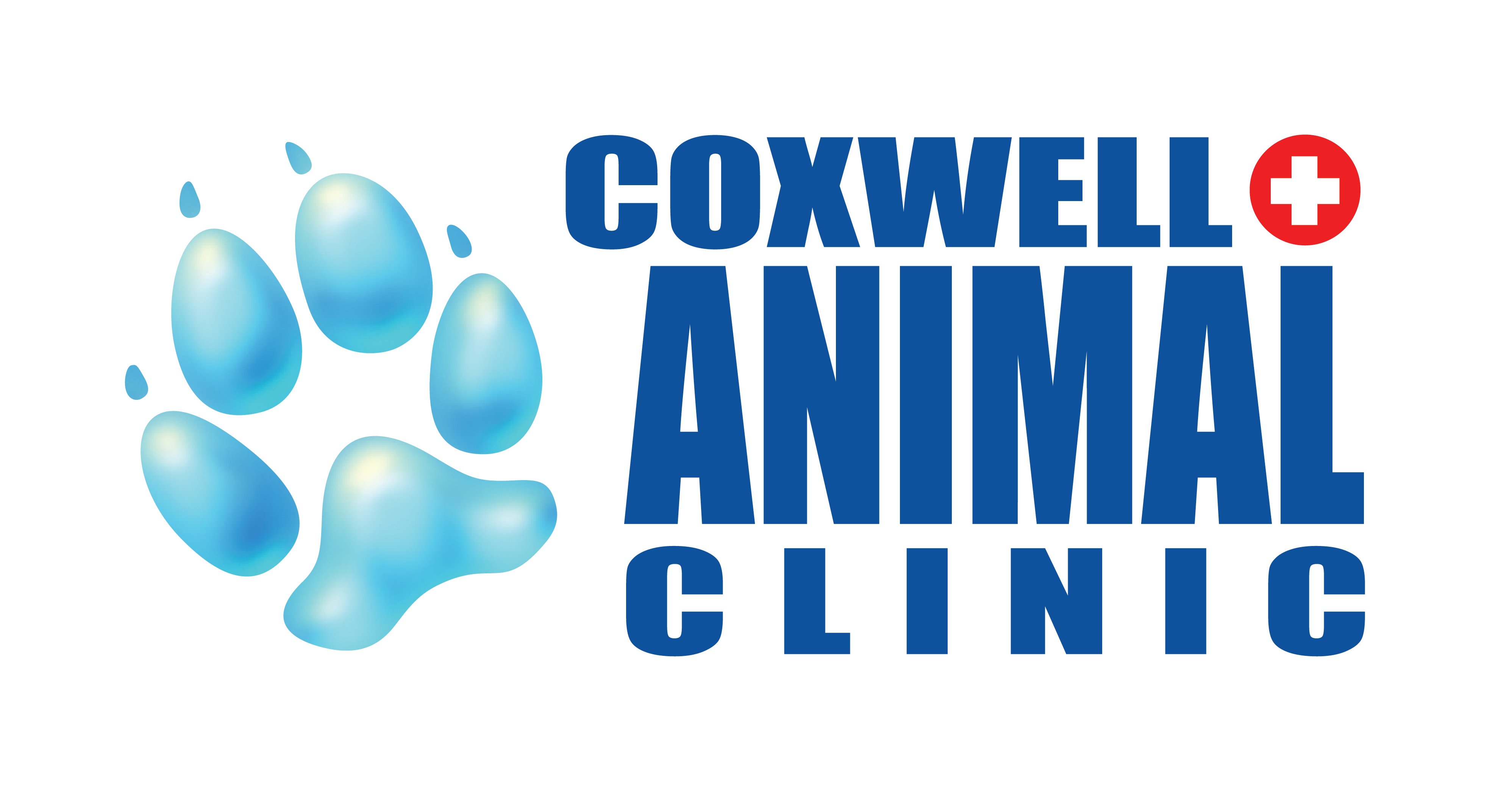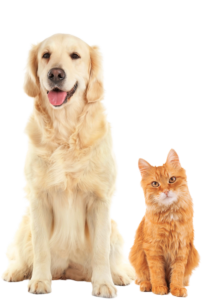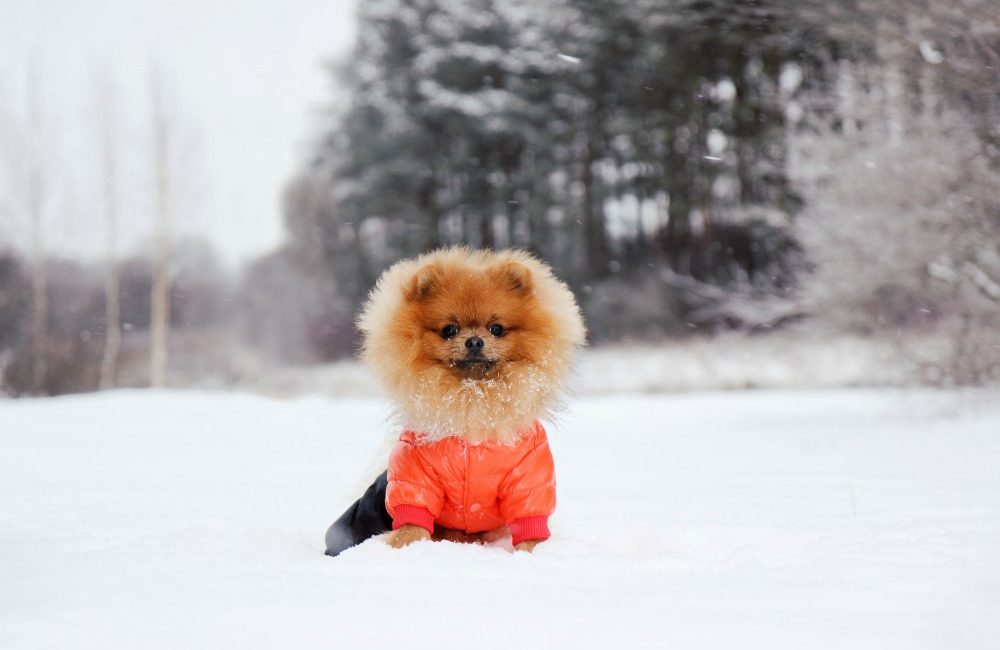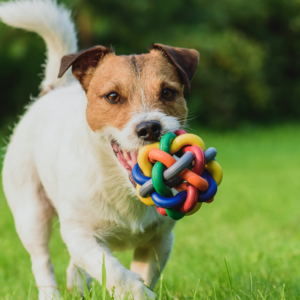As Canadians, we always prepare ourselves, our cars, and our houses for winter. But do you take care of getting your pets ready for winter conditions? In addition to adjusting to the cold weather, other hazards come up during the winter months for our pets. From salt on the ground to the influx of holiday treats; we find there are more risks for our pets! The following are a few things to be aware of this winter season:
Paw protection
Your dog’s paws usually are well protected with pads and fur, but in the winter these barriers aren’t enough to protect against the harsh environment. Salt on the streets can be painful and erosive to the skin if it gets on the paws. The cold ground can also be painful to walk on. During winter weather, it is also common for our dogs to tear their nails on the snow and ice.
So, it is important to provide our dog’s with appropriate paw protection! This would involve keeping their nails short to prevent them from being torn. Torn nails can be quite painful and can sometimes require pain medication and antibiotics if deep. You should also try to avoid long periods outdoors on really cold days. Although their paws are furry, they are still susceptible to frostbite. And finally, use booties when outdoors. Boots can aid in keeping the paws warm, prevent injury from salt, and protect our furrier pets from making snowballs.
Staying Warm
Despite the beautiful natural fur coats our pets have, they are still susceptible to frostbite. And in really cold temperatures can develop frostbite just as quickly as people! For this reason, our cats and dogs should be kept indoors on cold days and nights. If your pet is at risk of hypothermia or frostbite, it is extremely important they are seen by your veterinarian to safely and gradually warm them up.
Our pets are accustomed to temperature-controlled houses, so when the cold weather comes, they may not have grown in their winter coats! The good news is there are a lot of companies that provide winter clothing for our pets. Of course, for our furrier friends they may tolerate the cold without coats, but if your pet has short hair, they will benefit from the extra warmth.
Hazards
Winter time coincides with many holidays, which means we commonly have many treats and holiday objects lying around the house. Chocolate is one of the most common toxicities that are seen over the holidays. It has the potential to make your pet very sick, so please be careful not to leave any lying around! In addition to chocolate, many other foods can make your pet sick. So please be cautious with leftovers, and avoid feeding your pet human food.
We must also be careful with holiday decorations. Our cats love to chase and chew string! But things like ribbon and tinsel and be very dangerous if ingested. Please be sure to avoid tinsel use if you have cats and to hide your ribbon!
Plants are a common gift over the holidays, especially poinsettias. Luckily these plants are not as toxic as lilies, but they can still cause vomiting and diarrhea if ingested.
You must also be very cautious about where you store your anti-freeze. This solution has a sweet taste which may entice pets to ingest it. But this is extremely toxic to our pets! It is deadly if ingested, so be sure to have it locked away from your pets and clean up any spills lying around!
Winter can be a fun season, so let’s ensure our pets enjoy it too!
Written By: Dr. Ashley Woo, Veterinarian




